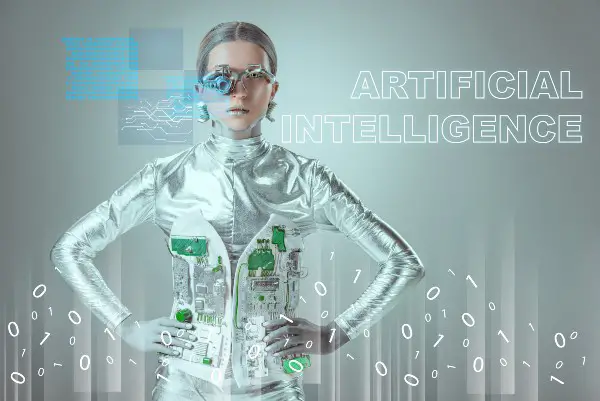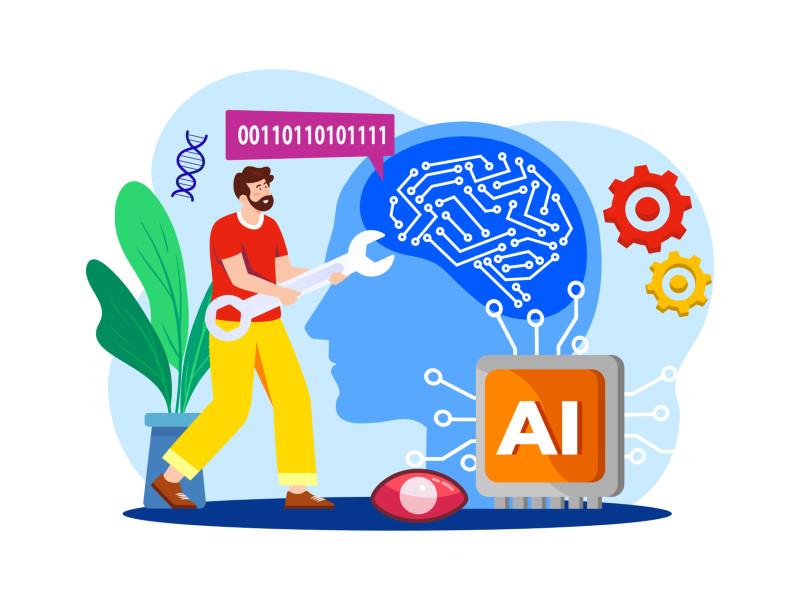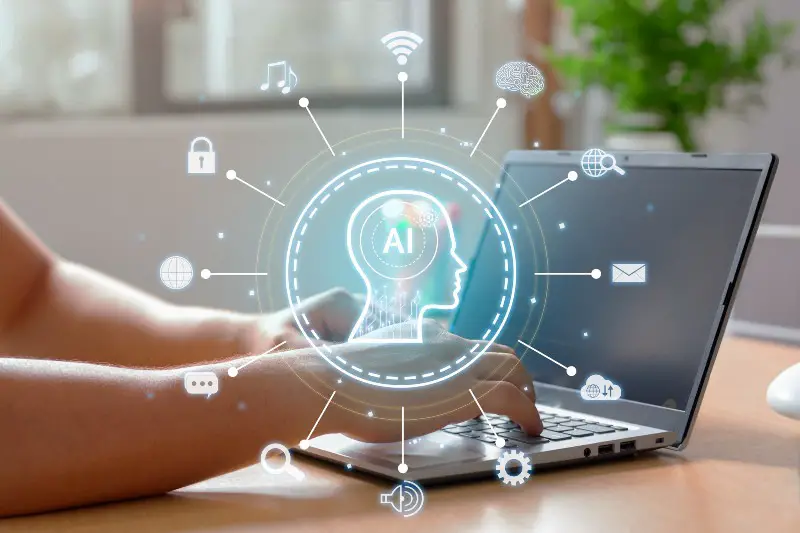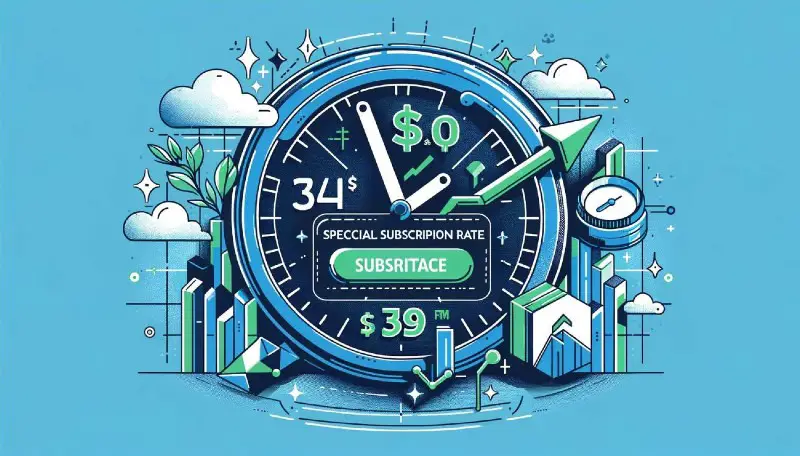Introduction
In the corporate tale of the 21st century, Artificial Intelligence (AI) plays a critical character. Often deemed as the protagonist driving technological innovation, its story finds a chapter in virtually every sector. From healthcare to finance, education to agriculture, the narrative of AI seamlessly weaves into these diverse domains, reshaping their contours. But one subplot that often goes unnoticed is AI’s role in Human Resources (HR). This blog post aims to narrate that untold story.
Traditionally, the realm of HR is a human-centric space, where the strength of personal interaction and judgment is paramount. But in our narrative, AI doesn’t play the antagonist to this human element; instead, it plays the enabler, the facilitator. From recruitment to employee engagement, workforce management to overall HR practices, AI’s role is transformative and empowering.
In the chapters that follow, we will embark on a journey to explore how AI is impacting the HR landscape. We will delve into the character of AI as an HR assistant, look at its transformative effects on HR practices, and explore its potential in recruitment, employee engagement, and workforce management.
Artificial Intelligence in Human Resources
Defining the Role of AI in Human Resources
Imagine a silent assistant in your HR department who never tires, works 24/7, and can handle a multitude of tasks simultaneously. That’s AI in Human Resources for you. Its core roles include automating routine tasks, offering predictive insights, and providing intelligent assistance to HR professionals. Whether it’s sorting through resumes, scheduling interviews, providing real-time feedback, or analyzing employee performance, AI offers incredible value.
For instance, X.ai offers an AI-powered personal assistant that can schedule meetings, saving HR managers countless hours of back-and-forth emails. Its smart algorithms can understand human language, check calendar availability, and automatically set up meetings. X.ai
How AI is Transforming HR Practices
Every revolution brings change, and AI’s entry into the HR world is transforming traditional practices. Be it talent acquisition, performance management, employee engagement, or learning and development, AI is revolutionizing how these processes are carried out.
Take the case of Textio, an AI-powered writing platform that assists in crafting job descriptions. It predicts the performance of a job listing and suggests language enhancements to attract a more diverse and qualified pool of candidates. Textio
Another example is Lattice, a performance management platform that uses AI to provide actionable insights to managers, aiding them in making data-driven decisions. Lattice
Artificial Intelligence A Modern Approach
Unveiling the ultimate guide to the dynamic world of artificial intelligence – Artificial Intelligence: A Modern Approach, 4th Edition. Revel in the richness of updated content, designed to propel your understanding of AI into the future. This expertly curated edition not only explores, but also breathes life into the extensive realms of AI.
Experience AI like never before, with our expansive coverage on the state-of-the-art technologies. Unify your understanding of AI concepts, enhanced and refined for intuitive learning. Dive deep into machine learning, bask in the intricacies of deep learning, and voyage through the fascinating dimensions of transfer learning.
Explore the grandeur of multiagent systems, and the mesmerising world of robotics. Engage with natural language processing and understand causality, all while navigating the expanse of probabilistic programming. At the core of our new edition is the commitment to responsible AI, with comprehensive discourse on privacy, fairness, and safe AI.
Artificial Intelligence: A Modern Approach, 4th Edition is your passport to the future of AI. Embark on this thrilling journey and discover the limitless possibilities of what you can accomplish with AI.
Artificial Intelligence
in Recruitment: The Future of Hiring?
The process of recruitment, traditionally a time-consuming and human-intensive process, is undergoing a seismic shift under AI’s influence. AI is automating the screening process, parsing resumes, and matching candidates to job descriptions with a precision that was unthinkable a few years ago.
One such innovator is HireVue, an AI-powered platform that screens video interviews using machine learning algorithms to evaluate candidates’ speech, gestures, and facial expressions. HireVue Another pioneer, Pymetrics, uses AI-driven neuroscience games to assess candidates’ cognitive and emotional attributes. Pymetrics
AI doesn’t stop at screening. Platforms like Mya automate the entire recruitment cycle, engaging candidates from pre-screening to onboarding, making the process more efficient and engaging. Mya These innovative applications are not replacing human judgment but rather enhancing it, allowing HR professionals to focus on more strategic tasks.
Artificial Intelligence
and Employee Engagement: A New Approach
Employee engagement is at the heart of a productive and satisfied workforce. Traditionally, this has involved surveys, one-on-one meetings, and gut instinct. AI is now adding a new dimension to this by providing real-time insights, personalized engagement strategies, and predictive analytics.
AI can play a role in areas as diverse as real-time feedback, personalized learning and development, and well-being initiatives. For instance, Humu uses AI to nudge employees towards actions that improve work satisfaction, team collaboration, and overall happiness. Humu
On the other hand, platforms like Butterfly use AI to provide real-time leadership coaching based on team feedback, helping managers foster a more engaged and effective team. Butterfly
Which of the following industries commonly requires data entry tasks?
The Impact of AI on Workforce Management
Workforce management – the complex orchestration of schedules, shifts, compliance, and unforeseen changes – is another domain where AI is making a substantial impact. From smart scheduling to predictive analytics, AI is offering solutions that were once the realm of science fiction.
Companies like Kronos are using AI to automate complex scheduling tasks, accounting for employee preferences, skill requirements, and compliance rules. Kronos
Another tool, HiBob, uses AI to provide insights into team dynamics and individual employee behavior, helping managers better understand their teams and improve productivity. HiBob
Maximize your online impact with Pixels Web Design’s tailored landing page services, designed to captivate your audience, boost conversions, and fuel your business growth.
Conclusion
As we wrap up our narrative, it’s clear that AI plays a pivotal role in the contemporary tale of HR. Its transformative influence is seen across the spectrum, from recruitment and employee engagement to workforce management and overall HR practices. Like any other character in our corporate tale, AI has its strengths and challenges. But the story of AI in HR is undeniably one of empowerment and efficiency.
AI allows HR professionals to focus on what matters most – the human element. By automating routine tasks, it frees up time for HR managers to focus on strategic initiatives, make data-driven decisions, and engage employees in meaningful ways.
Yet, it is equally important to approach this narrative with a balanced view. As we embrace AI’s benefits, we must also consider the ethical, privacy, and bias issues inherent in AI. We must ensure that the AI systems we build are transparent, fair, and aligned with our organizational values.
Finally, the story of AI in HR is still being written. It’s an evolving narrative that is set to reshape the contours of HR even further. As HR professionals, students, and academics, it’s a story we need to follow closely, learning from its developments and guiding its course.

AI Horizon: Transforming Healthcare, Education, and Robotics
81 / 100 Introduction Artificial Intelligence (AI) is undoubtedly the buzzword of the century, making waves in various industries, from healthcare to education and even

Exploring the Intersection of Artificial Intelligence in Healthcare: A Tech Enthusiast’s Perspective on Machine Learning and Privacy
: Discover the transformative role of artificial intelligence in healthcare, where machine learning meets the critical challenge of privacy and security. This insightful post explores the myths, facts, and practical applications of AI in medical settings, offering a comprehensive understanding for tech enthusiasts and healthcare professionals alike. Dive into the world of AI-driven healthcare innovations and their ethical implications in patient care.







